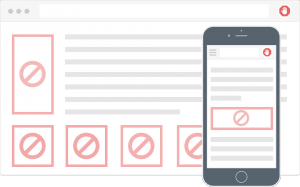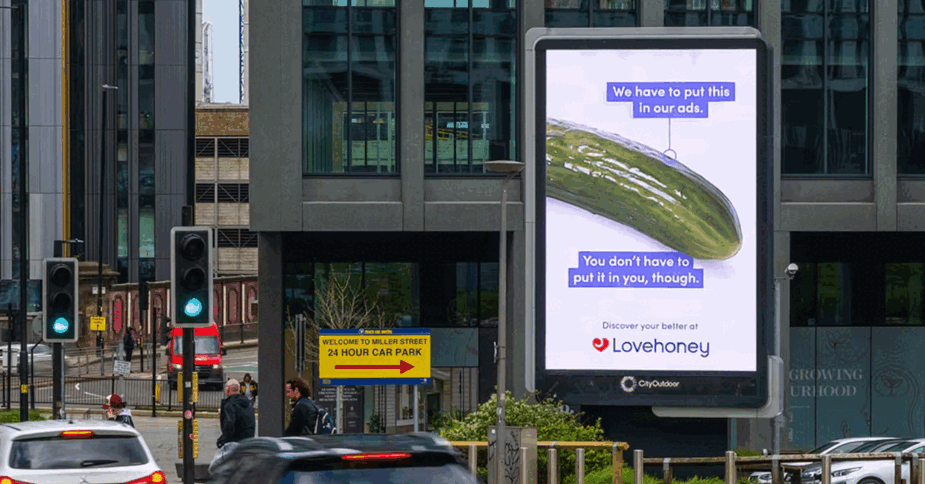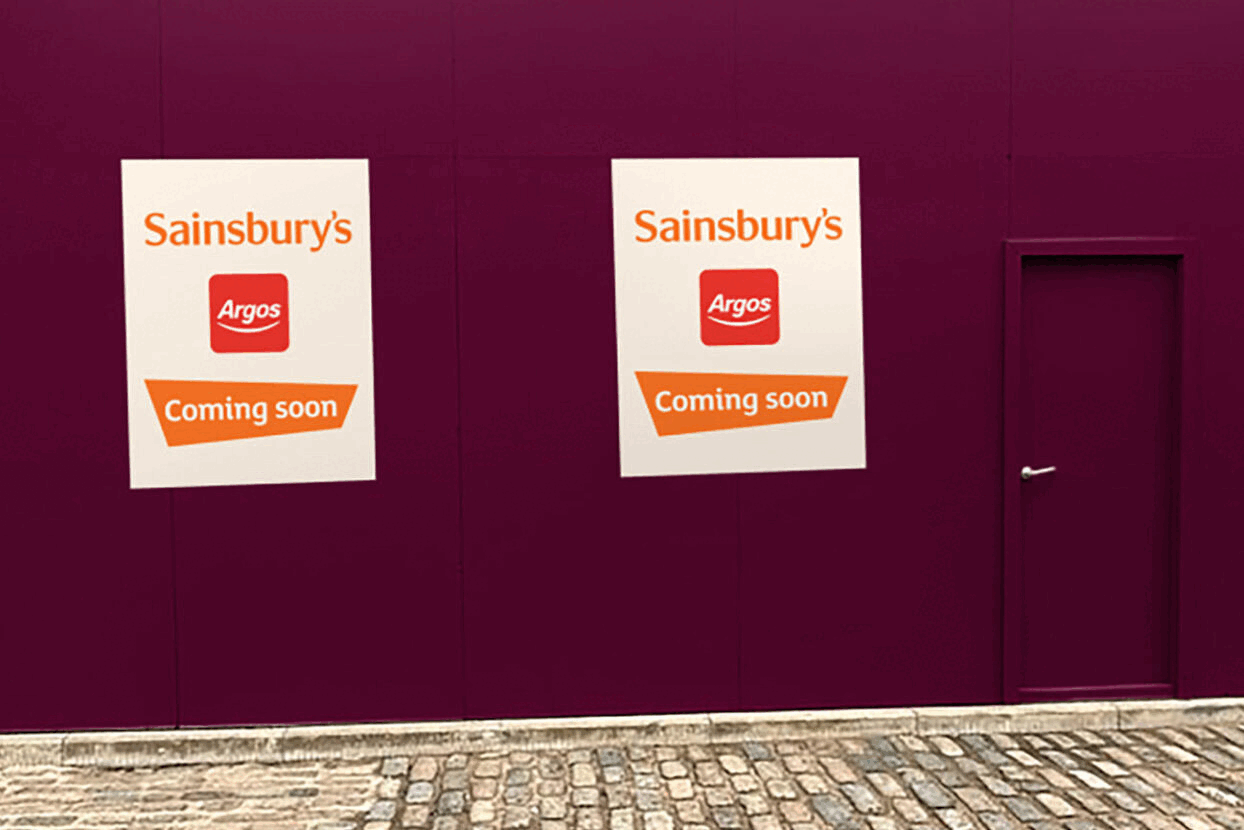Safari Ad Blocking Caused Clicks to Drop by a Fifth
- Monday, October 12th, 2015
- Share this article:
 The number of click on ads served in iOS Safari dropped by 19 per cent in the two weeks following iOS 9s introduction of ad blocking capabilities.
The number of click on ads served in iOS Safari dropped by 19 per cent in the two weeks following iOS 9s introduction of ad blocking capabilities.
Thats according to an AppsFlyer study which analysed nearly 100m clicks on the iOS browser.
A one-fifth decrease certainly isnt to be ignored, but AppsFlyer says this figure needs to be put in context: Safari accounts for only 14 per cent of all iOS clicks and less than three per cent of mobile clicks overall.
“The net-net of it all is that we don’t expect mobile advertisers will be significantly affected by ad blocking software,” said head of marketing Ran Avrahamy. “For those advertisers that conduct their own media buying, they’ll simply have to seek out more in-app opportunities or consider shifting some dollars to Android. For ad networks that were heavily reliant on mobile web sites for their inventory, they’ll have to make sure their networks consist of plenty of apps, Chrome-optimized mobile web sites and Android publishers.
“If you’re a mobile publisher that relies heavily on Safari users for your traffic, and therefore ad revenue, it’s past time that you diversified anyway. Build an app and start sending your audience there instead of the mobile web. Reduce the amount of ads on your mobile web site and optimize it for the best possible user experience so that users don’t feel the need to download an ad blocker in the first place. Experiment with new revenue streams such as a paywall or news aggregator.
“Although Apple’s move to allow ad blocking apps has caused a downturn in the number of clicks on Safari-based mobile web sites, its overall impact on the ecosystem at large is negligible.”
















